Ever wanted to buy a product but found out the company doesn’t ship to your address? There might be a reason for that. Some products/services, physical or digital, might be banned or restricted in your country. These restriction laws might be enforced by your government or the company itself.
VPNs are an example of digital products that may be illegal in your country. But no VPN provider will announce this outright; it’s up to you to gather the necessary information before you purchase a VPN subscription.
Besides the legality aspect of using VPNs, they might not even work in your country because of these restrictions. So before falling for shiny VPN ads, you need to answer this question based on where you live and what you intend to do with VPNs:
Are VPNs legal in your country? 🤔
What Is a VPN? A Brief Intro
VPN, or Virtual Private Network, is like an invisible tunnel between you and the Internet. If you connect to the Internet through this private tunnel, your network traffic and IP address will be hidden from the government, your ISP (Internet Service Provider), or any other third-party snooper.
Imagine you want to take a trip to Lake Havasu using a special boat. Let’s call the boat Cloaker. What’s special about Cloaker is that it cloaks your real-time location and every activity you do throughout your journey. Cloaker takes you to your destination on a safe path to avoid any dangers on the way.
VPN works the same way; it opens a safe portal for you to access the World Wide Web and retrieve the information you need without exposing your true location. It also encrypts your network traffic to protect you from cyber threats and intruders.
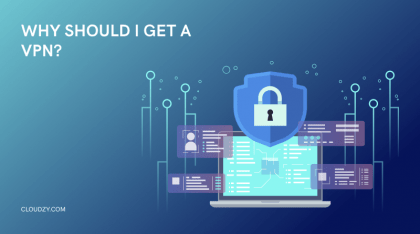
Are VPNs Legal?
In most countries, yes. You can use VPNs freely depending on where you live and the regulations set by your government. However, since VPNs mask IP addresses and encrypt users’ data, the possibility of anonymous hacks and other types of criminal activity increases. As a result, some countries have decided to set strict rules against using VPNs in the name of national security.
Think about it. If there are treasures hidden on the Internet and everyone is after them, how can you control who accesses what?
Every bit of online information is like a treasure that attracts specific crowds. If everyone uses a VPN to access this information, it would be almost impossible to analyze how this data is used and for what. So, although VPN banning eliminates free access to the Internet, some entities see it as a crucial step for battling cyberattacks.
Where Are VPNs Illegal?
Countries that crave control and would rather be safe than sorry about exposing critical data have banned VPNs altogether. China, North Korea, Iran, Belarus, Russia, and the United Arab Emirates are among the front runners when it comes to VPN banning or blocking. But, regarding the legality, each country has set specific rules:
China 🇨🇳
Chinese people use VPNs to bypass the Great Firewall, and as long as the government approves these VPNs, there will be no punishments. However, keep in mind that any VPN you use in China might be monitored by the government. (State-approved VPNs are instructed to give backdoor access to the Chinese government.)
Iran 🇮🇷
The Iranian government uses deep packet inspection (DPI) and analyzes traffic to identify VPN-like traffic and block it. Additionally, they has implemented a blacklist of VPN servers and IP addresses, making it difficult for users to find reliable VPN services. To bypass VPN blockage and restrictions, some Iranians use stealth VPNs or obfuscated servers that mask VPN traffic as regular internet traffic. These methods can be effective, but they are not foolproof and can still be detected by the government.
It is also worthy to note that some Iranians build their own private VPNs using virtual private servers (VPS). This enables users to avoid using third-party VPN services to bypass government censorship and spying.
![10 Best VPS For VPN in 2022[Your Own VPN Server Hosting]](https://cloudzy.com/wp-content/uploads/Best-VPS-for-VPN-A-Full-Guide-1-300x167.png)
North Korea 🇰🇵
Kwangmyong, North Korea’s intranet, is the only Internet that 99% of North Koreans have access to and since using VPNs is illegal, that’s the only game in town. And only a handful of top authority Korean figures can access the global Internet freely.
Russia 🇷🇺
According to Reuters, Russia has banned the use of VPNs for accessing unlawful content. That means you can use VPNs but not for accessing government-blocked content. Keep in mind that using VPNs to do illegal activities, such as stealing copyrighted content or hacking into corporations, is illegal in all countries.
Some countries, like Turkey, have not explicitly declared that using VPNs is illegal, but they do block VPN providers who don’t meet the country’s security guidelines.
Why Are VPNs Illegal in These Countries?
VPNs provide a basic level of user online privacy, but some governments or entities don’t want that.
Here are some of the reasons why some countries ban VPNs:
- Advertisements:
If no company can see users’ browsing history, how can they run targeted ads?
- Protests:
Banning or blocking VPNs is the first and most effective step to control the flow of information during antigovernmental movements.
- Banned websites/social networks:
Sometimes governments ban specific services like Facebook, YouTube, and Twitter, but VPNs can bypass these restrictions. So they prohibit the VPN providers that don’t abide by these rules and try to offer free access to these platforms.
Are VPNs Legal for Trading?
You can use VPNs to protect your online privacy, especially when it comes to keeping sensitive financial information safe from hackers. However, you must check VPN regulations in your country before using one for trading.
Better & Faster Solution for Trading: VPS
Trading is serious business; you are investing your two most precocious assets; your time and money. While VPN is a cheap solution for trading, it’s not the most reliable one. There are hundreds of reports from people who used reputable VPNs and still experienced interrupted or slow connections.
If your connection is interrupted for even a second, you might end up losing hundreds of dollars. Timing is the most crucial aspect of trading, and you must be able to monitor market fluctuations in real-time. Using a VPS for trading gives you 100% control over your server, and you never have to worry about privacy issues or downtimes.
Check out our robust Forex VPS, and I guarantee you will never go back to using VPNs.
Bonus Tip: Unlike VPNs, VPS is not illegal anywhere.
Give yourself a better chance at the Forex market by hosting your trading platform right next to your broker.
Are VPNs Legal for Streaming?
There is no short answer to this question. You can use VPNs to access geo-restricted content, but remember that in some countries, like North Korea, using a VPN for any type of online activity is illegal. Not to mention that many streaming platforms, such as Netflix, Hulu, Amazon Prime, and Disney Plus, use advanced detection methods to block VPN traffic. So, the legality of using a VPN for streaming depends on the specific activities you engage in while using it and the terms of service of the streaming platform you’re accessing.
Are VPNs Legal for Gaming?
Yes. In fact, some VPN providers offer gaming servers to enhance gaming speed and privacy. As VPNs hide your real IP address, no malicious player can tap into your network and launch distributed denial-of-service (DDoS) attacks. You may think taking precautions against DDoS attacks is taking security too seriously. You may say, “Who would bother to attack my small game server?”. Well, if you’re this person, you’re being too optimistic about DDoS attacks. The gaming community is and has always been pretty vulnerable to DDoS attacks, mainly because it revolves around people competing with each other. Your nemesis may want to bring you down, and you must be prepared. Whether by using a VPN or by getting a game VPS with smart DDoS protection.
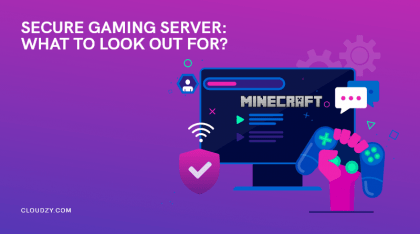
Is It Legal to Host My Own VPN?
To host your VPN, you need to use a VPS server, and since using VPS is not illegal, this is the safest way to use VPNs. The best thing about hosting your VPN is that you are in complete control of your information.
Having your own VPN means you don’t have to pay recurring fees to renew your plan; you just pay for the VPS server, configure your VPN protocol, then can enjoy unlimited time with your VPN. Check out 10 best VPS providers for hosting your VPN to find your best match.
Conclusion
VPN legality is only a matter of location and there are no global laws or regulations around it. So, before making your mind about using a VPN, make sure you’re well aware of VPN regulations in your country. And if you’ve already decided to use a VPN but don’t want third-party providers to access and log your data, Cloudzy has got you covered with top-notch VPS plans that you can use to host your own VPN server. Our VPS plans boast a high performance level, a 99.95% uptime guarantee, DDoS protection, and 24/7 technical support all at the most reasonable prices. So, check out our VPS plans for a safe VPN hosting experience.
Want a high-performance Cloud VPS? Get yours today and only pay for what you use with Cloudzy!
Cloud VPS
FAQ
Will I get in trouble for using a VPN?
It depends on your country’s regulations against VPNs and how you intend to use them. If something is illegal, then using a VPN doesn’t change that. Some countries like the UAE enforce severe punishments for committing criminal activities while using VPNs, such as jail time or hefty fines.
Are VPNs illegal in the US?
No. There is no data or report indicating that using VPNs is illegal in the US. But if you want to use VPNs to access unblocked content, it’s best to check your VPN provider’s terms and conditions. Some VPNs have specific regulations against accessing geo-restricted content.
Is using a VPN illegal in the UK?
No. VPNs are completely legal in the UK. However, based on the Investigatory Powers Act, the UK government can order Internet service providers to divulge users’ Internet activity if and when they suspect cybercriminal activity.
Is VPN illegal in the UAE?
No. VPNs are not illegal in the UAE, but VPN providers must abide by the government’s security rules regarding privacy settings.
Are VPNs illegal in China?
No. Using government-approved VPNs is not illegal in China but keep in mind that these VPN providers are under strict instructions to monitor users’ activity, which makes their service 100% unsafe.
Is a VPN legal in Iran?
Yes, at least for the moment. However, given the current situation in Iran, most free VPNs are not working as the government has blocked them entirely.
Is VPN illegal in North Korea?
Yes. You cannot use any VPN services in North Korea, and if you do so, you will face serious consequences.
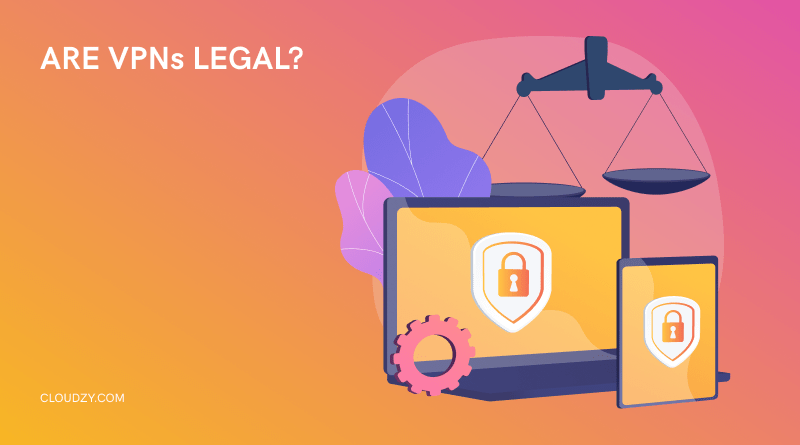

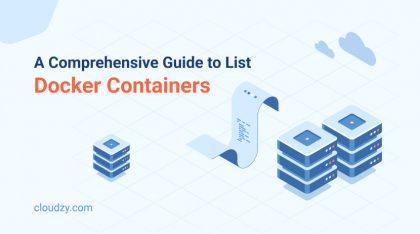
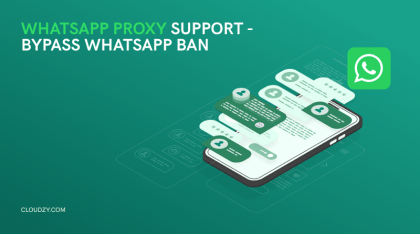
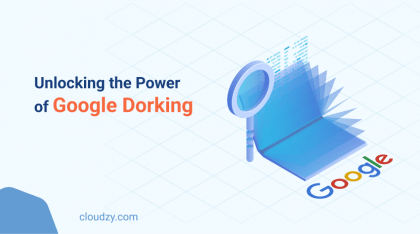
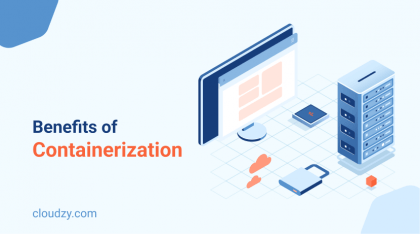
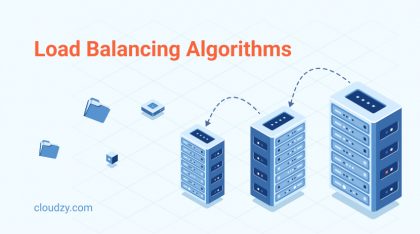
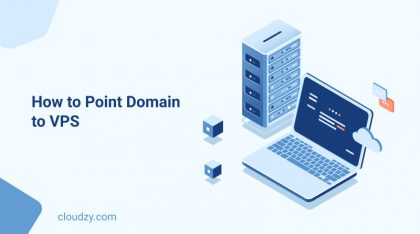
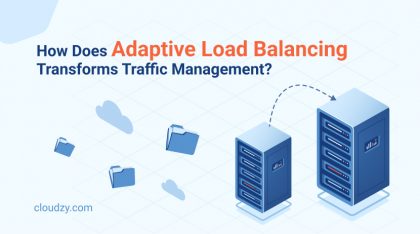
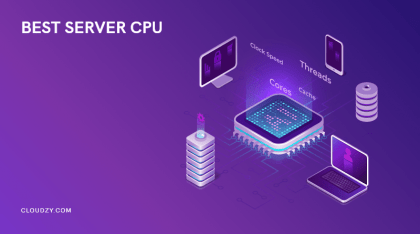
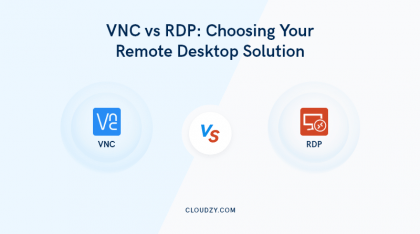
0 Comment